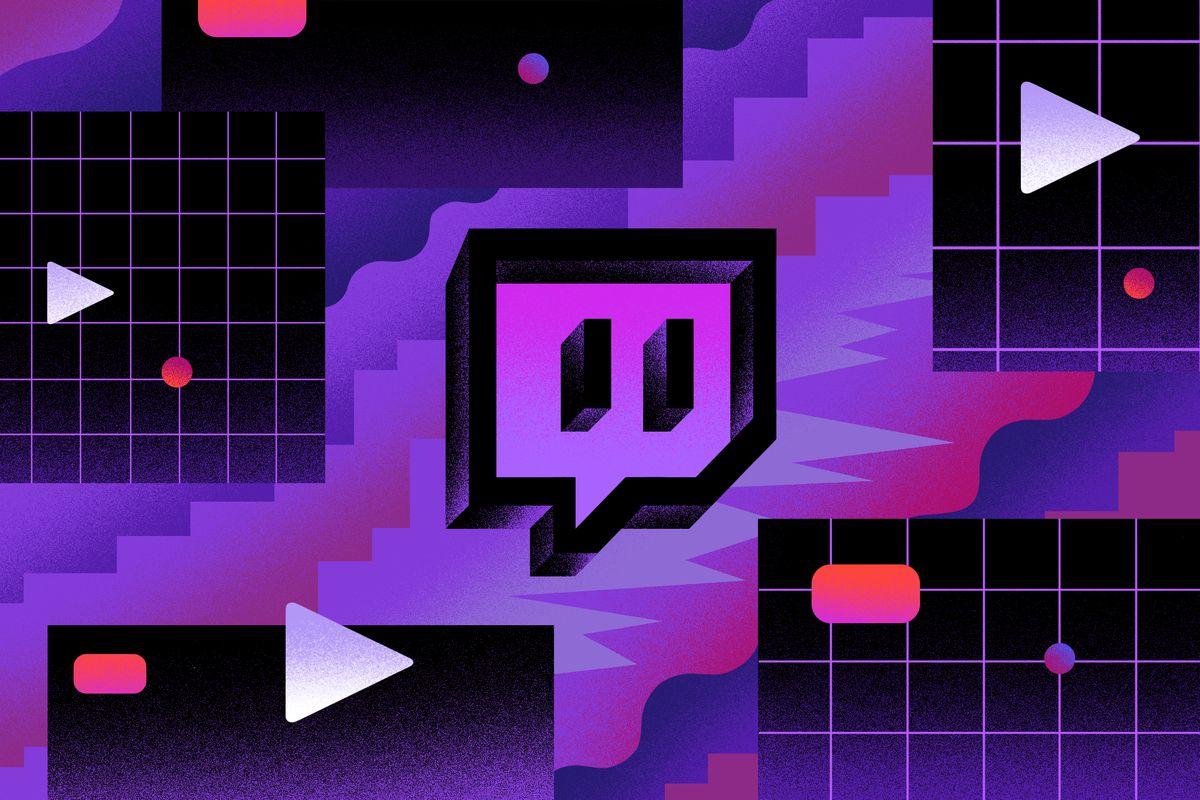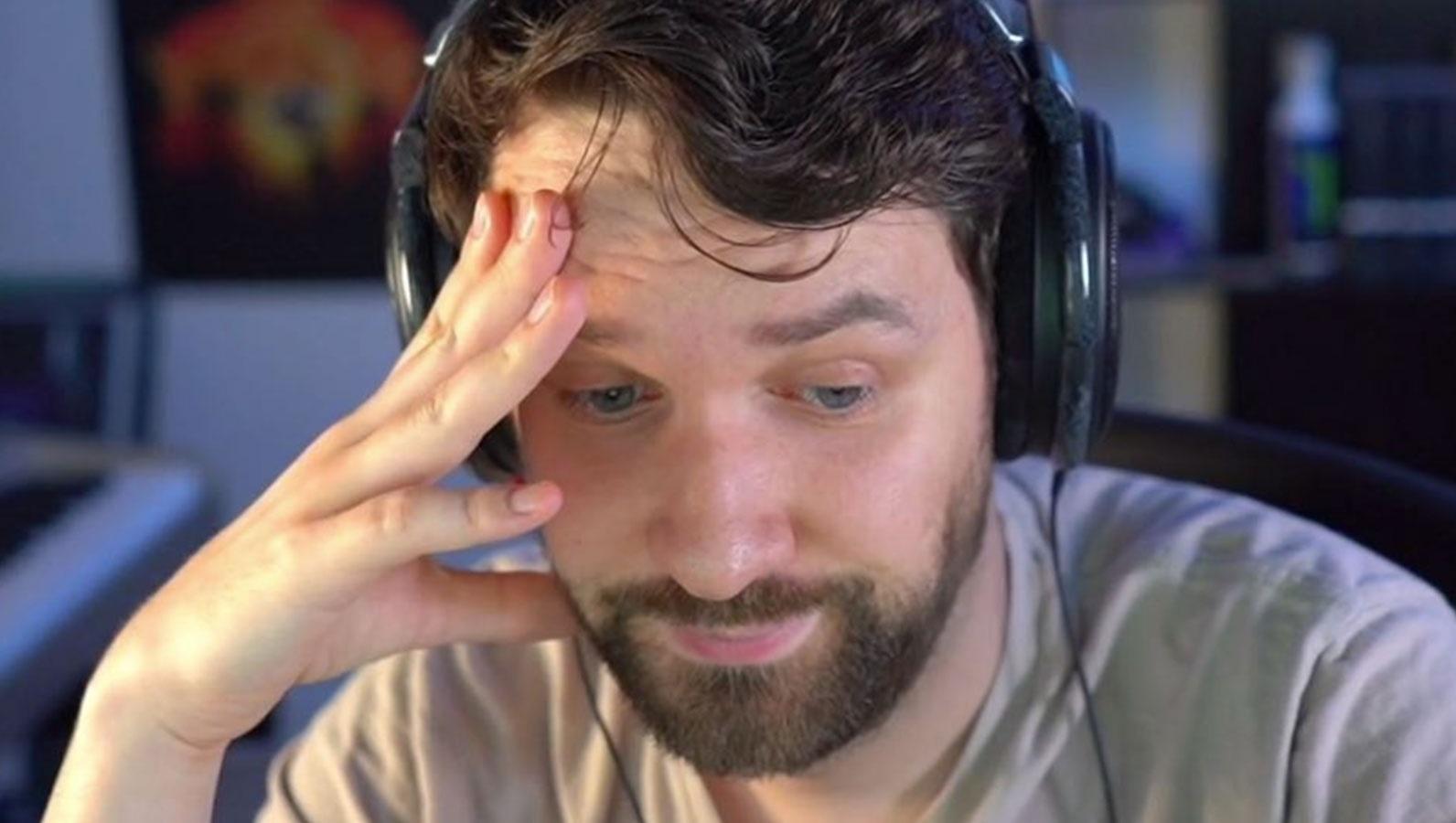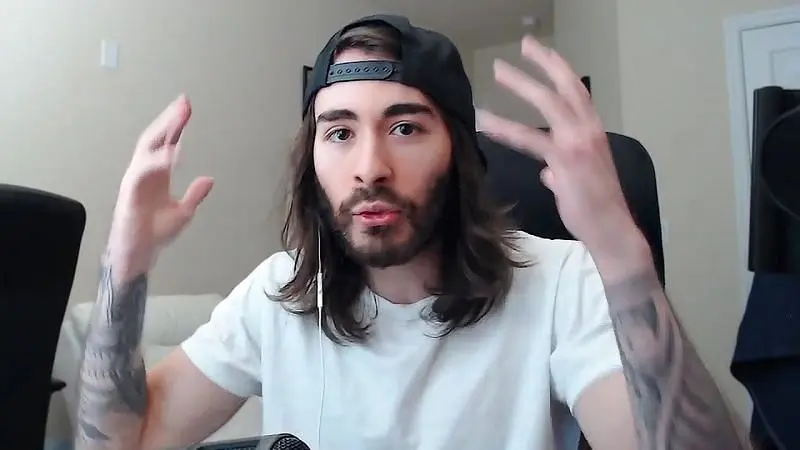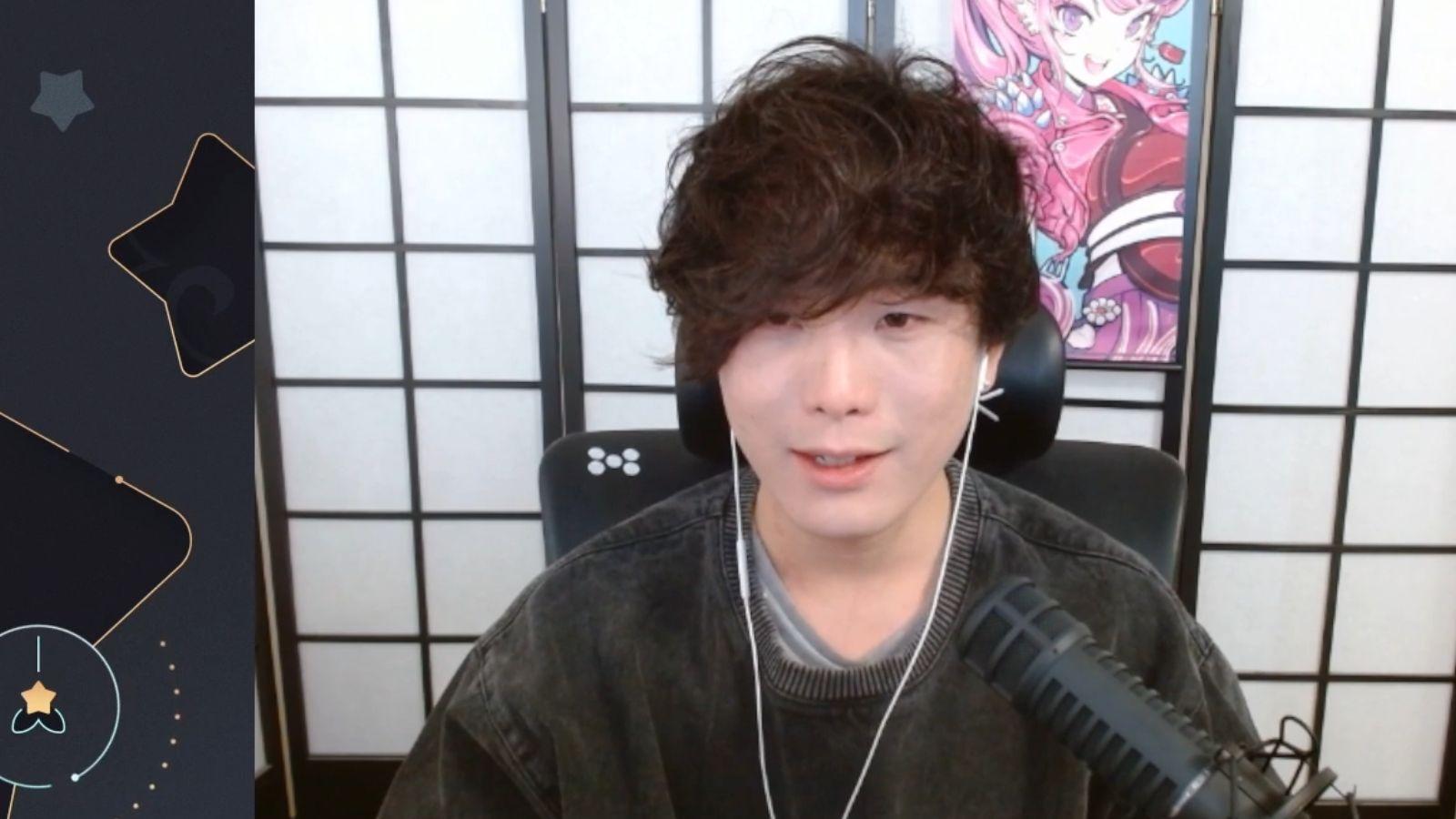
All about Twitch DMCA and the MasterChef meta controversy
Twitch is the most popular streaming platform out there today, but that has also made it the focus of the internet’s ongoing frustration with DMCA. Twitch has gone from permanently banning streamers for year-old VODs featuring copyrighted music to allowing top content creators to stream entire seasons of MasterChef.
So what exactly is going on with DMCA on Twitch?
What is DMCA?
DMCA stands for the Digital Millennium Copyright Act, which is a law created in 1998 to control access to copyrighted works. It has also increased the penalties for copyright infringement on the internet, including on streaming platforms like Twitch.
While video game companies clearly encourage streamers to share footage of their games, it’s not the same for things like television shows and music. Most popular music is copyrighted, meaning that the owner has the exclusive right to reproduce and distribute the work. In theory, streamers would need to obtain a license to stream that music.
Drama surrounding DMCA started on Twitch in 2020 when streamers noticed they were getting hit with bans more often than before. Some streamers were even getting permanently banned due to music used in VODs that were in some cases multiple years old.
One streamer, m0xxy, saw themselves permanently banned despite never being in trouble with Twitch before. The former Twitch partner had scrambled to delete old VODs but it apparently wasn’t enough to escape the stricter and in some ways more confusing regulations.
Twitch responded in mid-2021 by providing some tools to address the ongoing DMCA strikes. Streamers are now able to track DMCA notices from their dashboard and can delete VODs in batches of up to 20 at a time. Twitch is hoping these changes will protect streamers from being banned for DMCA claims without warning.
Twitch DMCA and the MasterChef meta
Despite this ongoing frustration with copyright issues, streamers decided to push the limits and begin the so-called MasterChef meta. The MasterChef meta is basically just top streamers broadcasting entire seasons of reality shows to watch along with their viewers.
This created a lot of drama in the streaming community, with many speaking out against the MasterChef meta. Chance “Sodapoppin” Morris said he hoped streamers taking part in the meta would get in trouble for DMCA strikes. He explained that smaller streamers wouldn’t be able to get away with the same thing, and also expressed concern that the entire Twitch platform could be punished as a result, which could potentially have an outsized impact on smaller streamers.
After a while, some big names such as Imane “Pokimane” Anys and Jeremy “DisguisedToast” Wang finally saw consequences for showing popular TV shows and anime episodes. This actually resulted in Pokimane’s first suspension from Twitch.
But many of the big-name content creators later came out and claimed they were purposefully pushing the limits. DisguisedToast claimed he was hoping to “scare” other streamers into stopping the MasterChef meta.
xQc continues to stream reality shows on Twitch despite DMCA issues
Felix “xQc” Lengyel is one of the biggest names on Twitch. He has also been seeing record viewership while watching reality shows like MasterChef on the streaming platform.
xQc has ignored criticism for the behavior, even though the streaming community fears that there will be negative consequences for the platform as a result. xQc may even be in talks with television channels to keep streaming their shows, including some public banter with celebrity chef Gordon Ramsay himself.
Twitch itself has been oddly silent about the MasterChef meta. The company hasn’t explained why streaming copyrighted television shows are sometimes allowed, nor has it discuss any updates to its DMCA regulations. As usual, Twitch has remained inconsistent when it comes to punishing streamers for breaking the company’s Terms of Service.
For now, some big streamers continue to push the limits of the DMCA regulations, clearly unafraid of consequences. But some smaller streamers could see new stricter rules that will make it even harder for them to grow their channels.
Recommended

“How is your wife?”: Destiny and Ludwig beef gets personal
“He’s really burning bridges he never had for no reason.”

MoistCr1TiKaL is suing US Immigration after losing his Moist Esports Apex Legends team
He wants his Apex Legends team back.

Sykkuno announces Twitch comeback in a surprise stream
Just like old times.







